STATE SPONSORED ROCK AND ROLL IN SHIJIAZHUANG (2023)
Local officials from Shijiazhuang, Chinese rock music’s spiritual home, are eager for large scale concerts to bring an economic boost. But they have no tolerance for disruptive behaviour.

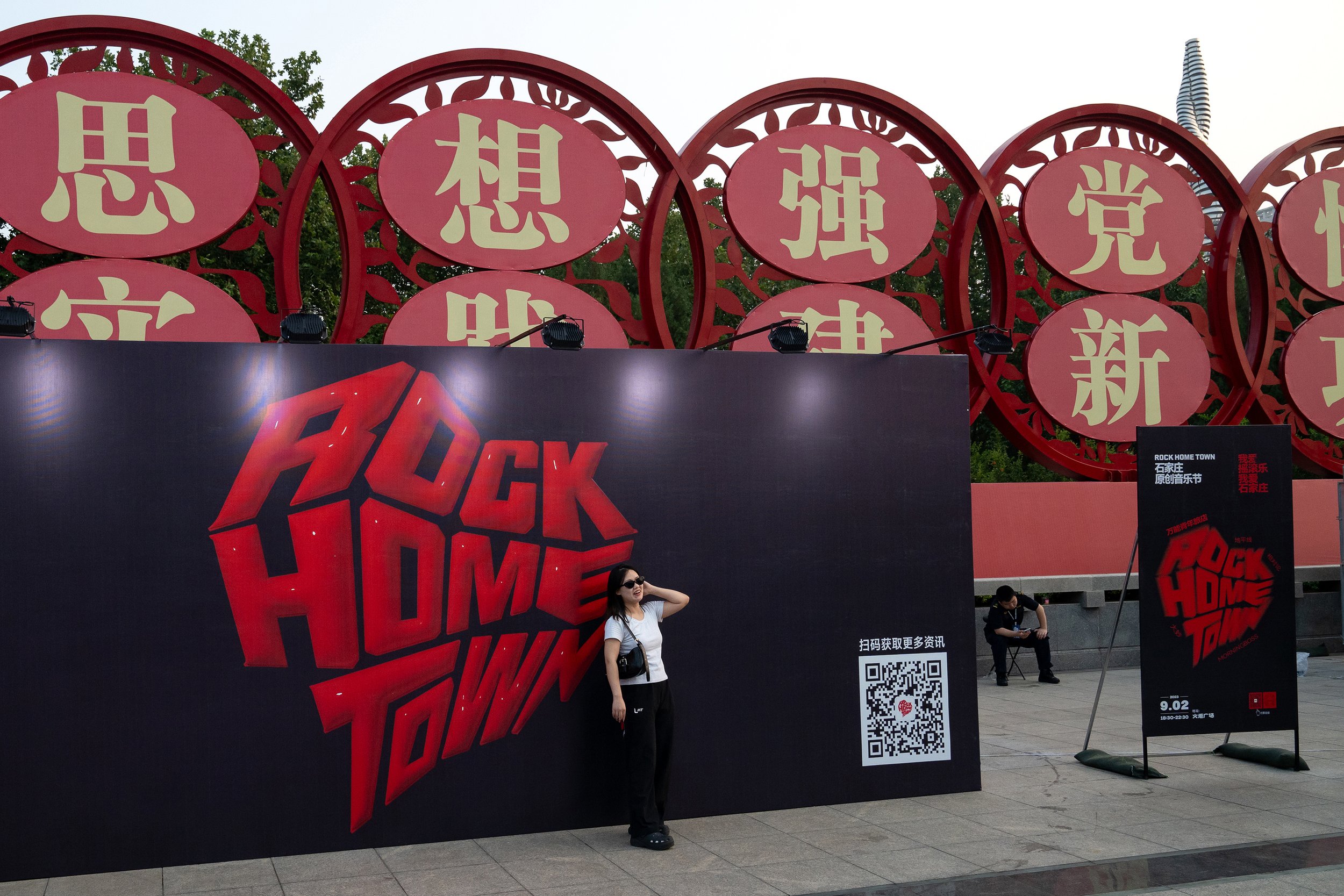

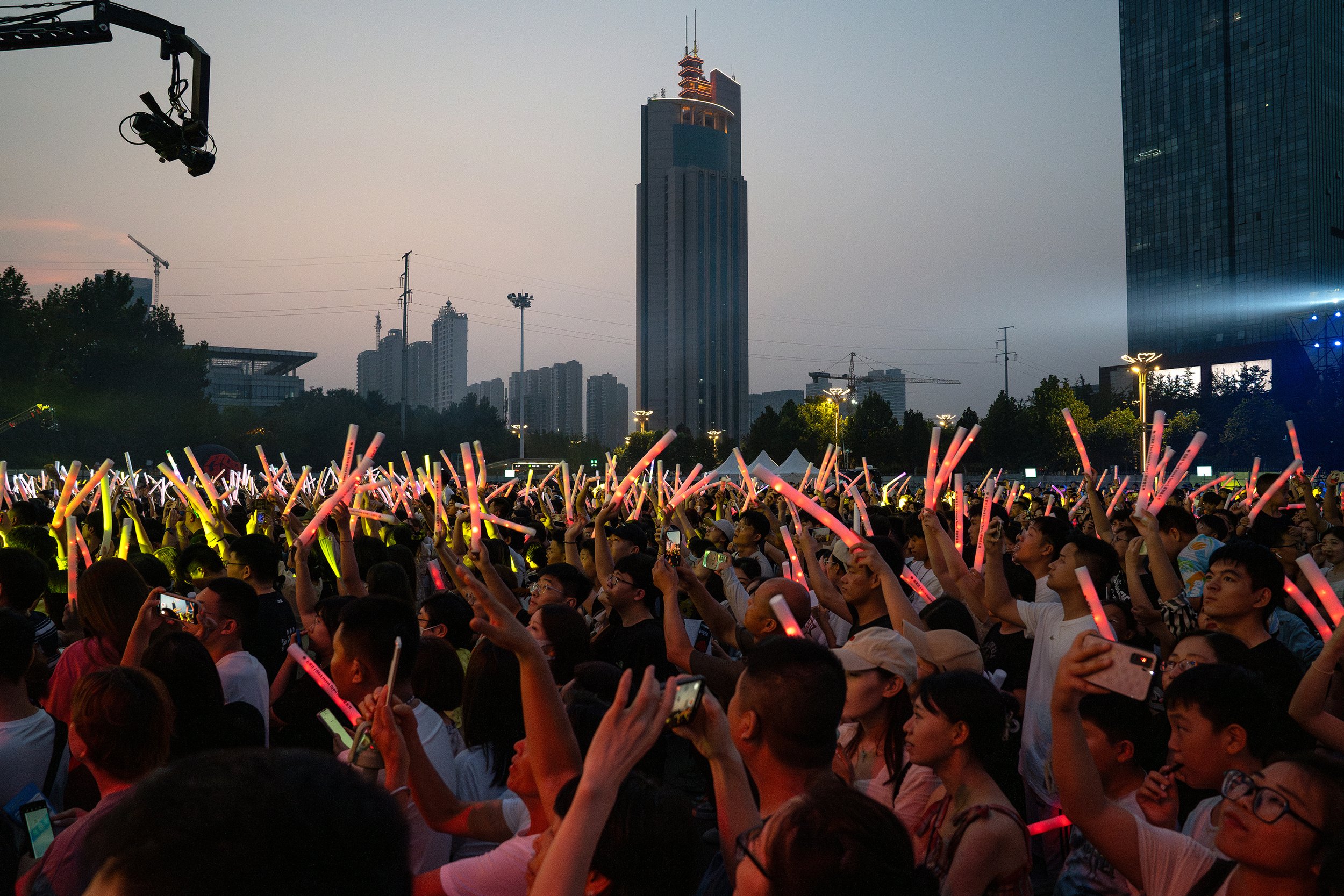

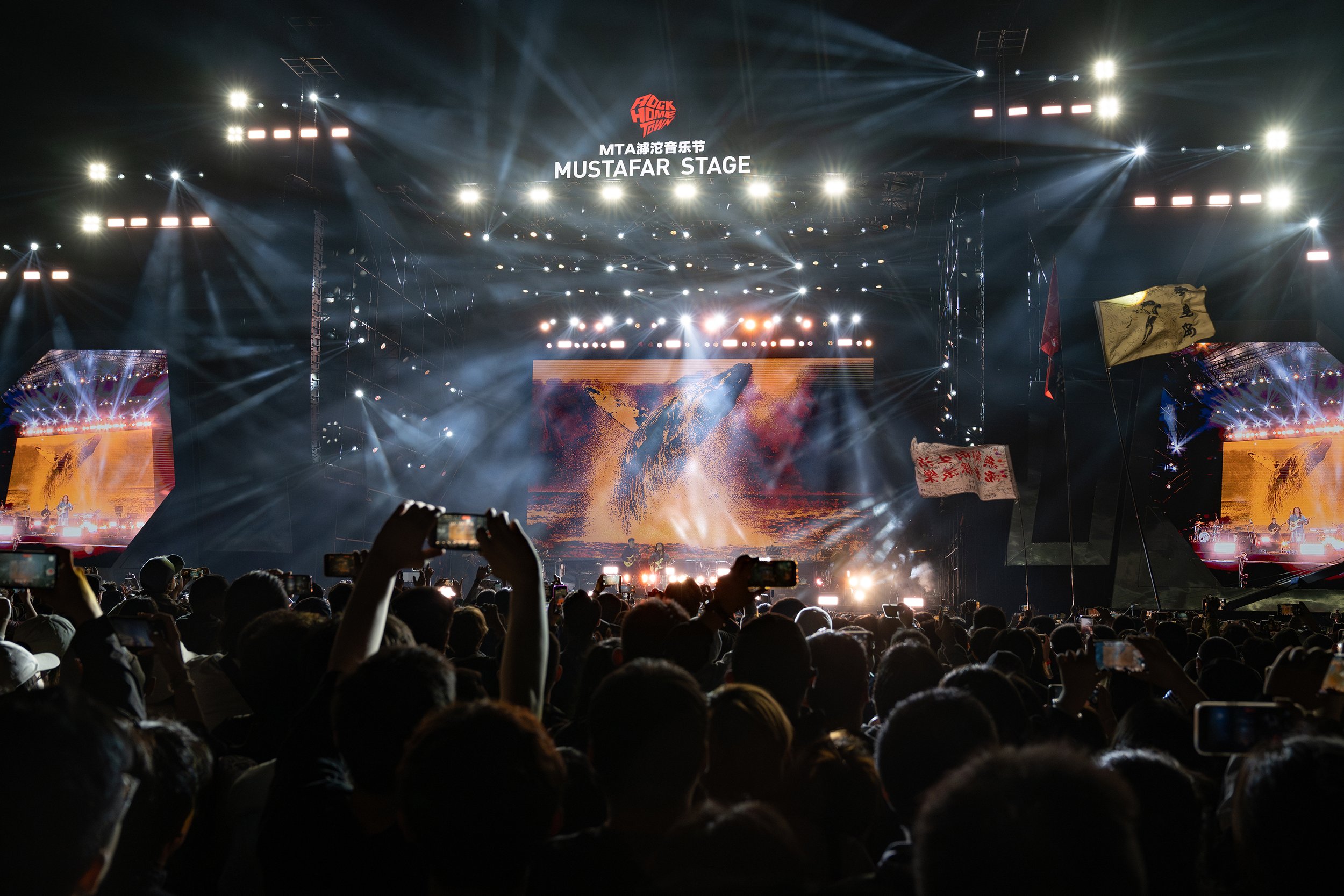
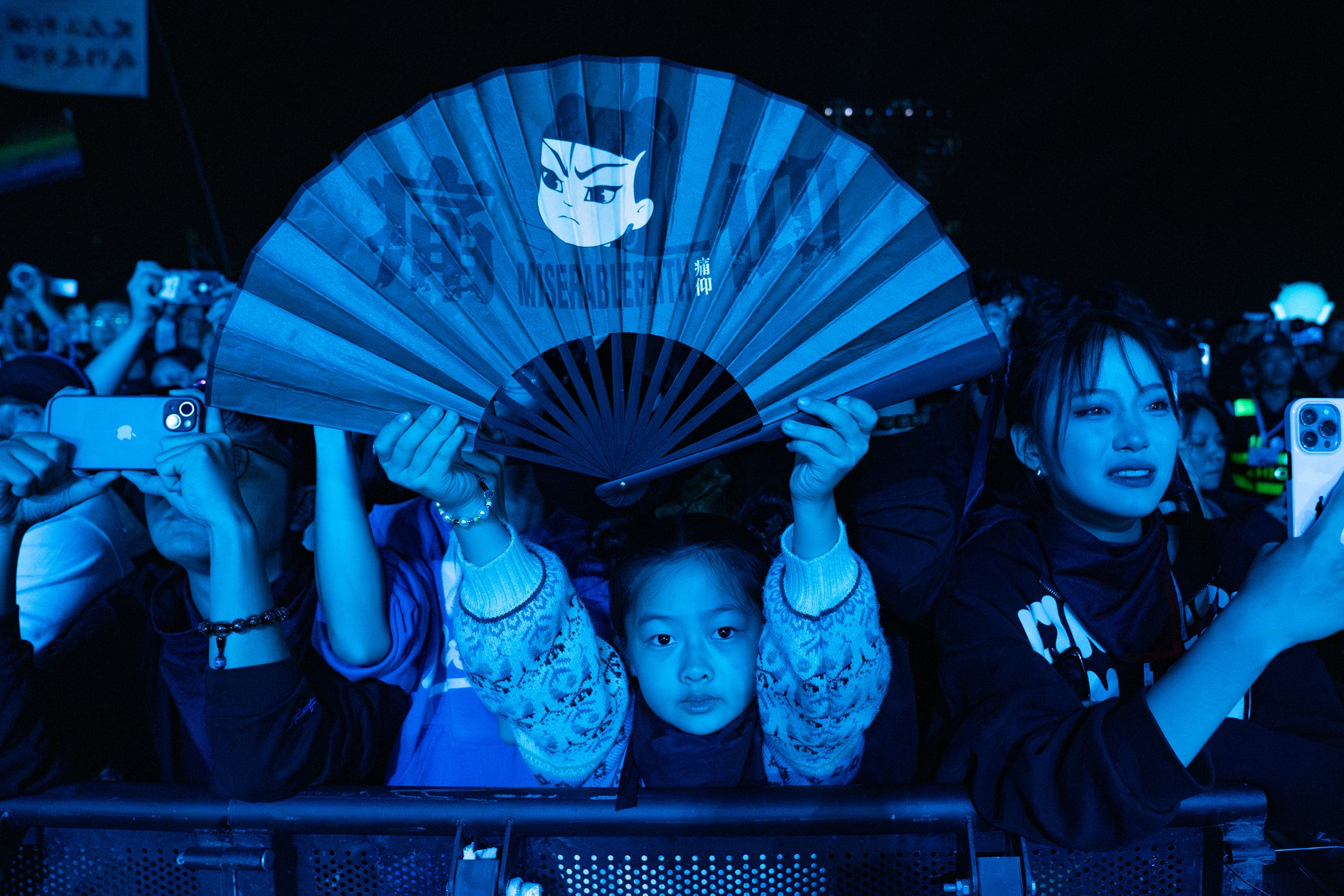



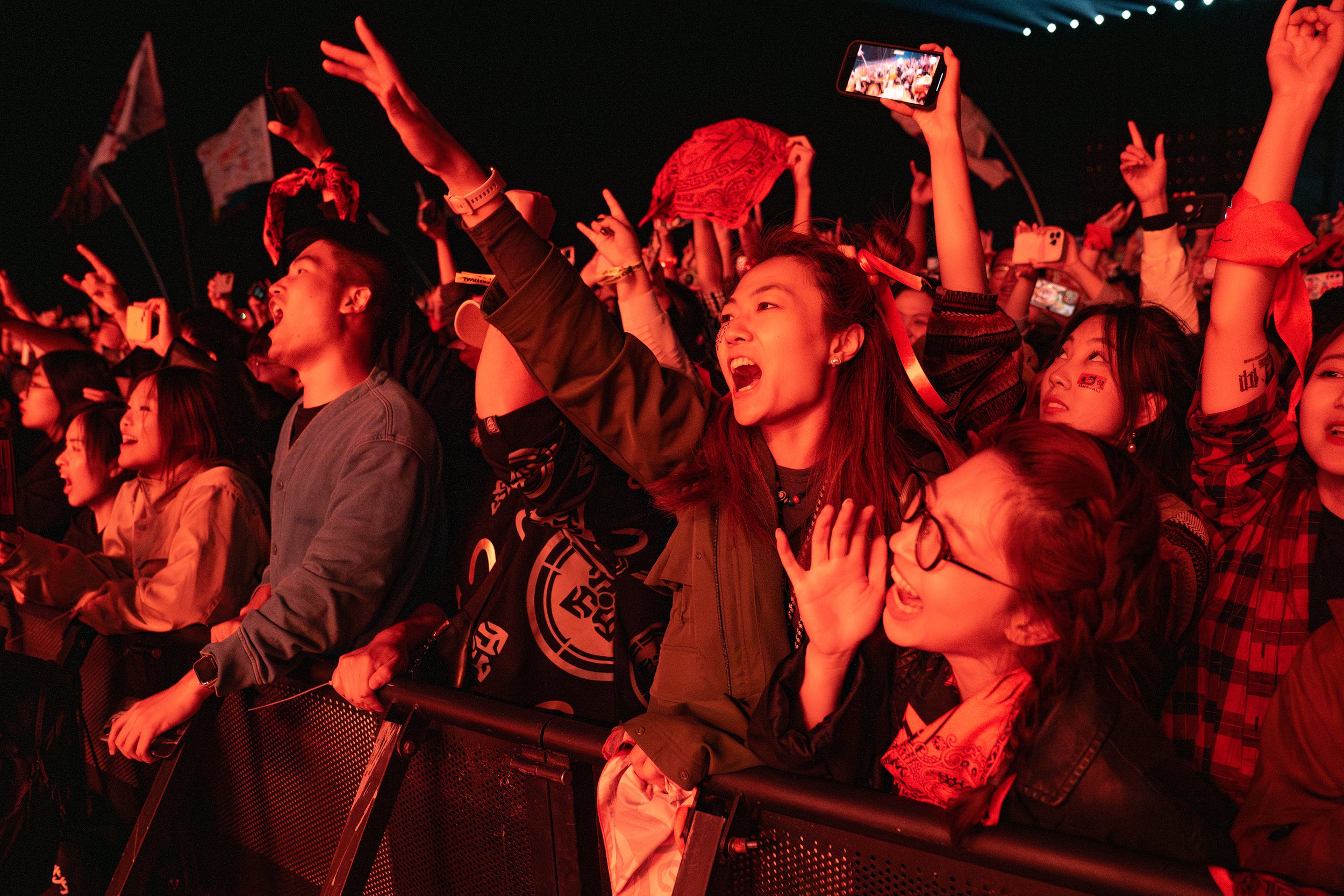
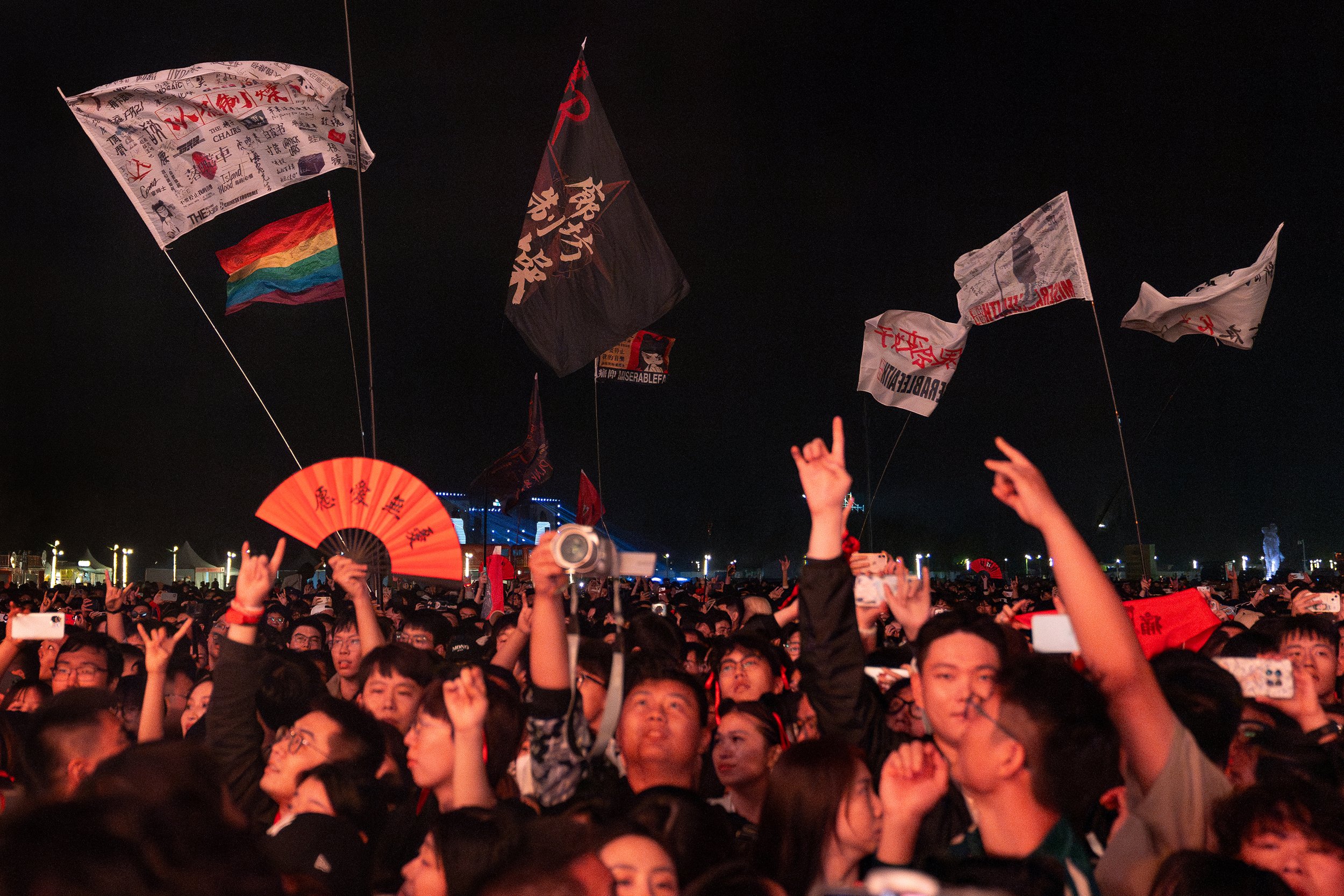
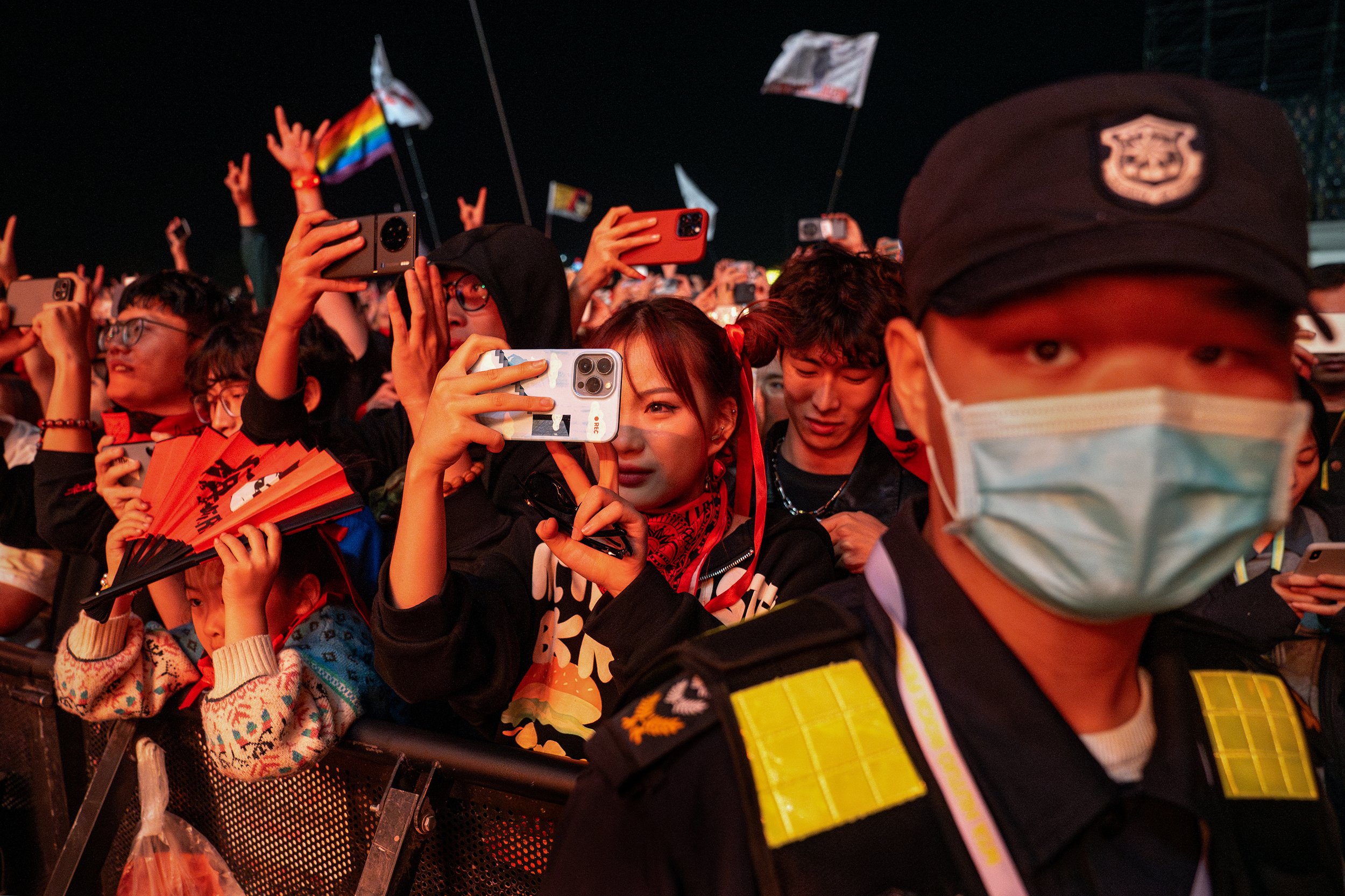
In Shijiazhuang, the provincial capital of Hebei Province in North-East China, local authorities are trying to rebrand the city as the capital of Chinese rock, to increase consumption and revitalise a sluggish post-Covid economy. Inspired by the by the viral social-media successes of other Chinese cities: (videos of barbecue in Zibo, Shandong province, and the rural football league in Guizhou), they are hoping to draw large crowds and provide much-needed relief to the local economy.
The city’s name - 石 家 庄,Shí Jiā Zhuāng may be read as a play of words that can literally translate into “Rock Home Town”. This adds a creative touch to the city’s connection to the early days of the Chinese rock scene, a time when many Beijing based rock musicians called Shijiazhuang home, despite the capital being the centre of the scene. One of the most famous Chinese indie rock bands, 万青 (Omnipotent Youth Society), come from here and their most well-known hit includes Shijiazhuang in its name. “Kill That One From Shijiazhuang”, is a melancholic song about the daily struggles of an ordinary family in post-reform era Hebei. The song struck a chord among Chinese rock fans with its representations of the boring, monotonous and precarious experiences they recognised in China’s second and third tier cities. Its popularity is probably the reason why last year, the Hebei Communist Youth League thought it was a good idea to cover the song and change its name into “The Unkillable One From Shijiazhuang”. They changed the lyrics to transform its message into a positive one and use it to praise the city’s hard-working spirit and resilience. The new version wasn’t well received among the fans, of course.
It is intriguing, and a little bit funny, to see the local government trying to capitalise on a subculture rooted in rebellion and nihilism, and to observe how much authorities are prepared to permit or suppress when embracing the spirit of rock ’n’ roll. In July, during a gig at a local live-house, a member of a band dropped his shorts on stage, resulting in his detention for damaging social morality and a $28,000 fine for the organiser.
At Rock Home Town events, the bands are among the most famous in China, but alcohol is not on sale and flags are banned, reflecting the authorities’ cautious approach.
Among the crowd, many recognized the significance of government support in facilitating large gatherings but also expressed a desire for a more liberated atmosphere. “They should let us fly our flags!”, shouted a music fan from the back, while we were interviewing his friend. “The rock and roll that I like is a freer one. This is rock and roll with Chinese Characteristics”, echoed a woman sardonically, sitting on the grass in between performances.
At one of the events I attended, I was drawn to a big Rock Home Town logo where people stopped to take pictures; by pure chance, it was placed just in front of a huge propaganda message: “Learn the Ideology, Strengthen the Party’s Spirit, Emphasise Practice, and Build New Achievements”. A juxtaposition that effectively exemplified the contradictions of this party-approved, sanitised version of rock and roll.Insert Text Here